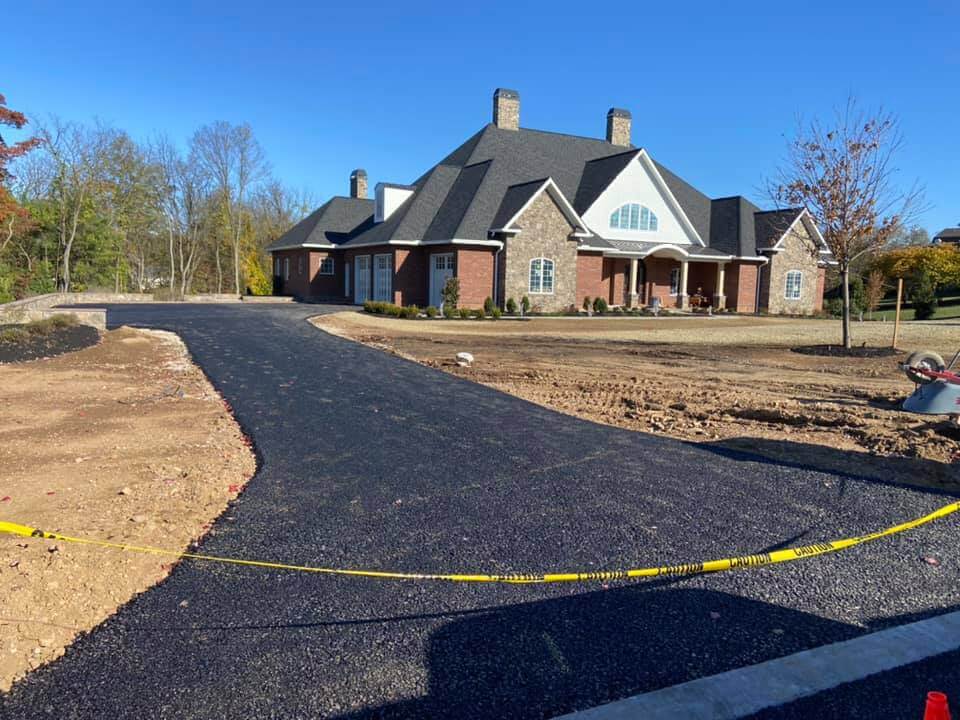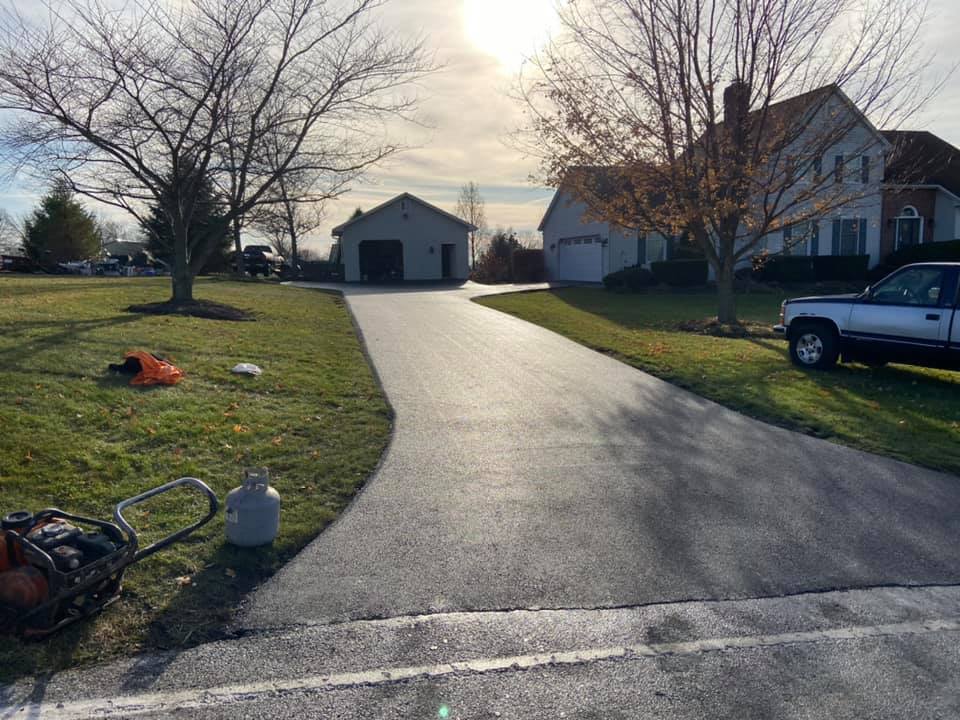Why is Asphalt Hotter Than Concrete
Why is asphalt hotter than concrete?
The temperature difference with asphalt and concrete
Some surfaces are brighter than others, meaning their heat retention cannot be the same. Asphalt ends up hotter than concrete because of the difference in brightness. An Asphalt-covered surface is darker and will absorb and retain more heat as opposed to the white surface that reflects the heat. Over the same period, the former will have heated more, and this perfectly answers the question why is asphalt hotter than concrete.
With over 30 years of experience, we truly are a quality first company. Call 717-932-8920 for service or schedule online by messaging us today.
Paving in cold areas
In colder places, or anywhere there is hard winter, asphalt-covered surfaces are preferred. Roads, parking lots, and pavements are all preferably made from this substance. It absorbs Ice and Snow, making them melt faster and clear the surface. Unlike concrete, the extremes of winter such as Ice cause it to contract, and this is a response that does not favor the usage of the road.
Salt is an essential component to control ice on the road or pavement surface. Salt does not affect asphalt-coated surfaces as it melts down the Ice, but the same does not happen with concrete surfaces. Asphalt-coated surfaces remain intact since they do not deteriorate on salt usage. It deteriorates on salt usage. This is why asphalt is much preferred to concrete due to its applicability.
Paving in warm areas
In summer, white surfaces become the preferred options. It does not absorb a lot of sunlight. This makes it more stable than an asphalt-covered road. The latter will heat up extremely, melt and become oily, thus an obstacle to movement. When selecting a suitable option, one ought to consider the area climate and know how extremes of climate will impact the surfaces and as well as affect the people who are close.

What do we recommend
Choosing a recyclable option is recommended. An option that can be recycled is usually friendly to the environment. As you consider other factors of appropriateness and suitability, ensure the environment is taken good care of. Recycling also helps save money and other resources instead of beginning the process all over afresh.
Some construction materials are merely hauled away when not needed. Instead, they can be recycled and save the environment from damage. When choosing an alternative, you are advised to look for one that does not need disposal once its time is over. It should be converted into another use to save environmental damage and save resources from wastage.
How to select an installation techniques
All these materials call for different installation techniques. When selecting, look for one that will be easier to install. This also means you consider the professionalism you employ. The best work comes from experienced and highly-skilled professionals. A newbie is likely to cause unwanted errors that should be eliminated in the case of skilled and highly-seasoned professionals.
The pavement must be well-maintained. Regardless of the type, you ought to stage a regular routine to maintain the surfaces for longevity. If your selection includes an easy to maintain option then an easy time is headed your way. You will spend lesser resources on the maintenance and it will give you quality results, in the long run. You should also consider the final look of the surface and ensure that the appeal is indeed aesthetic.

Paving Problems
Sealcoating
Paving
Line Painting
Driveway Sealcoating


A Beautifully Paved Driveway
Is One Click Away
Let’s get started on your project! Contact our team online or give us a call at 717-932-8920
